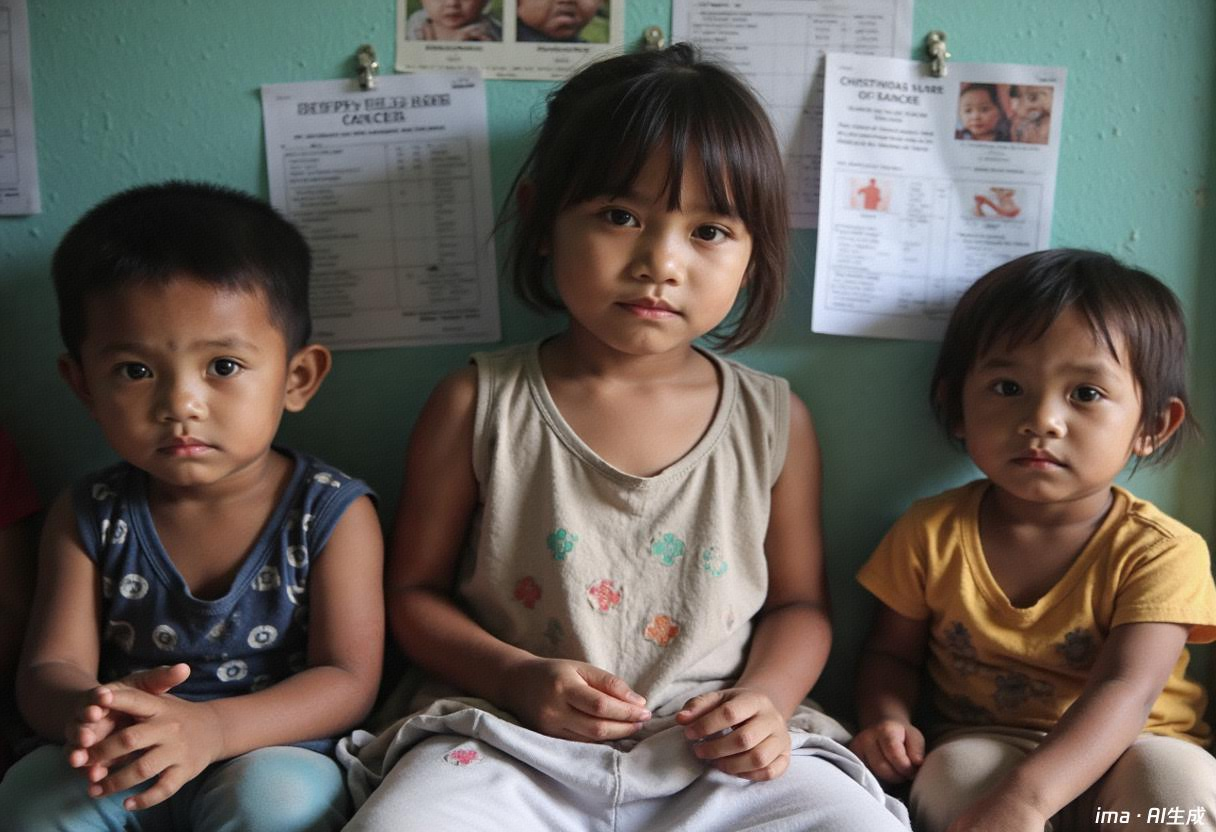Thymoma
Thymoma
Summarize
Thymoma is a rare tumor that originates from the cells lining the outer surface of the thymus gland. The thymus, a small organ located in the upper part of the chest below the sternum, is part of the lymphatic system. It produces white blood cells known as lymphocytes to protect the body from infections. Thymomas typically develop in the front of the chest and are often discovered incidentally during chest X-rays, such as during a physical examination.
Thymoma is a slow-growing tumor that typically does not spread to lymph nodes or other parts of the body. Most children are diagnosed with thymoma at an early stage.
Other types of tumors, such as lymphoma or germ cell tumors, may form in the thymus but are not thymomas.
Epidemiological
not have
Etiology & Risk Factors
People with thymoma often have one of the following immune system diseases or endocrine diseases:
- asthenic bulbar paralysis
- multiple myositis
- lupus
- arthritis deformans
- thyreoitis
- IS
- Pure red cell dysplasia
- hyperthyrea
- Addison disease
- Generalized hypopituitarism
Classification & Staging
not have
Clinical Manifestations
Thymoma can cause any of the following symptoms and signs. If your child has any of these, consult a pediatrician: • Cough
- dysphagia
- hoarse
- A feeling of chest pain or tightness
- expiratory dyspnea
- have a fever
lose weight
In addition to thymoma, other conditions may also cause these signs and symptoms.
Clinical Department
not have
Examination & Diagnosis
The thymoma can be diagnosed and staged by the following tests:
- Physical exam and medical history
- Chest X-ray examination
- CT scan
- PET scan
- MRI
- biopsy
For a description of these checks and processes, see the basic information section above
Clinical Management
For information on the following treatments, see the treatment overview section above.
Treatment for thymoma in children may include the following:
- The tumor is removed as much as possible by surgery
- radiotherapeutics
- chemotherapy
Children with recurrent thymoma may consider participating in clinical trials to test for changes in genes in tumor samples and to target patients based on the type of gene change.
Prognosis
The prognosis (chance of recovery) is better when the tumour has not spread. Childhood thymoma are usually diagnosed before the tumour has spread.
Follow-up & Review
not have
Daily Care
not have
Cutting-edge therapeutic and clinical Trials
not have
References
not have
Audit specialists
not have
Search
Related Articles

Relaxation Therapy & Peace Care
Jul 03, 2025

Rare Childhood Tumour
Jul 03, 2025

Inflammatory Myofibroblastoma
Jul 03, 2025

Langerhans Cell Histiocytosis
Jul 03, 2025

Angeioma
Jul 03, 2025